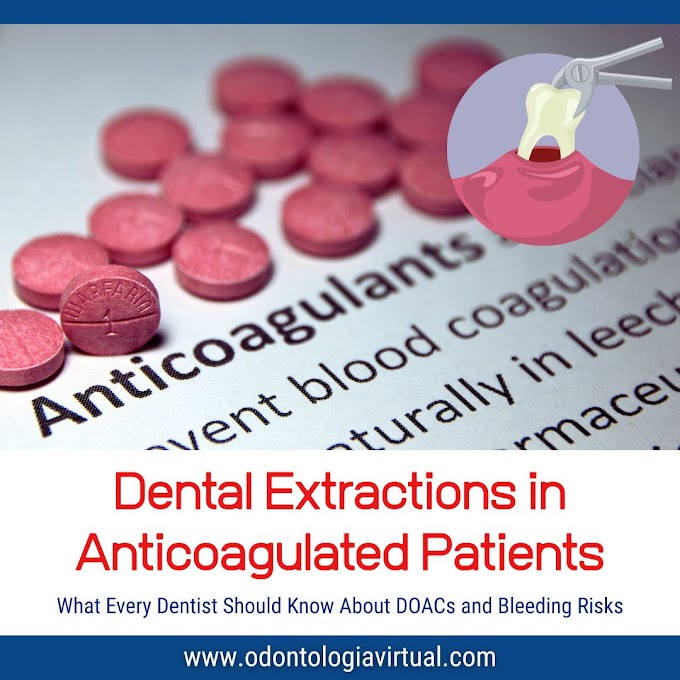Both patients and dentists should be aware of safer alternatives for pain control and infection management.
Pain relief and anti-inflammatory options
★ First choice
Acetaminophen (Paracetamol) is the safest option for mild to moderate dental pain because it does not irritate the stomach.
★ Alternative with stronger effect
Metamizole (Dipyrone) may be considered when more potent pain relief is required, with lower gastric impact than traditional NSAIDs.
★ If anti-inflammation is necessary
COX-2 selective NSAIDs (e.g., celecoxib, etoricoxib) can be used with medical supervision, as they are gentler on the stomach compared to ibuprofen or naproxen.
★ In severe gastritis
The intramuscular (IM) route (e.g., ketorolac IM or metamizole IM, short-term use) may be considered to reduce direct gastric irritation.
► DENTAL BOOK: Little and Falace's Dental Management of the Medically Compromised Patient – 10th Edition (2023)
Antibiotic therapy
Amoxicillin remains the first-line antibiotic for dental infections, best taken after meals to minimize stomach discomfort.
Clindamycin is an alternative in penicillin-allergic patients, though it may cause digestive upset; co-administration with probiotics or gastric protection is recommended.
Azithromycin is a safe and well-tolerated option, with a simple once-a-day regimen.
Intramuscular antibiotics: In cases where severe gastritis prevents oral intake, penicillin (sodium or procaine IM) may be considered in coordination with the patient’s physician.
Clinical recommendations
★ Avoid prescribing traditional NSAIDs (ibuprofen, naproxen, ketorolac oral) whenever possible in patients with gastritis.
★ Coordinate care with the patient’s physician if they are already on proton pump inhibitors (omeprazole, pantoprazole).
★ Consider intramuscular administration in severe cases, but only as a temporary measure and under professional supervision.
For patients, it is important to inform your dentist about your medical history and any medications you are currently taking.
For dentists, tailoring prescriptions helps ensure both effective dental treatment and protection of the patient’s gastrointestinal health.













